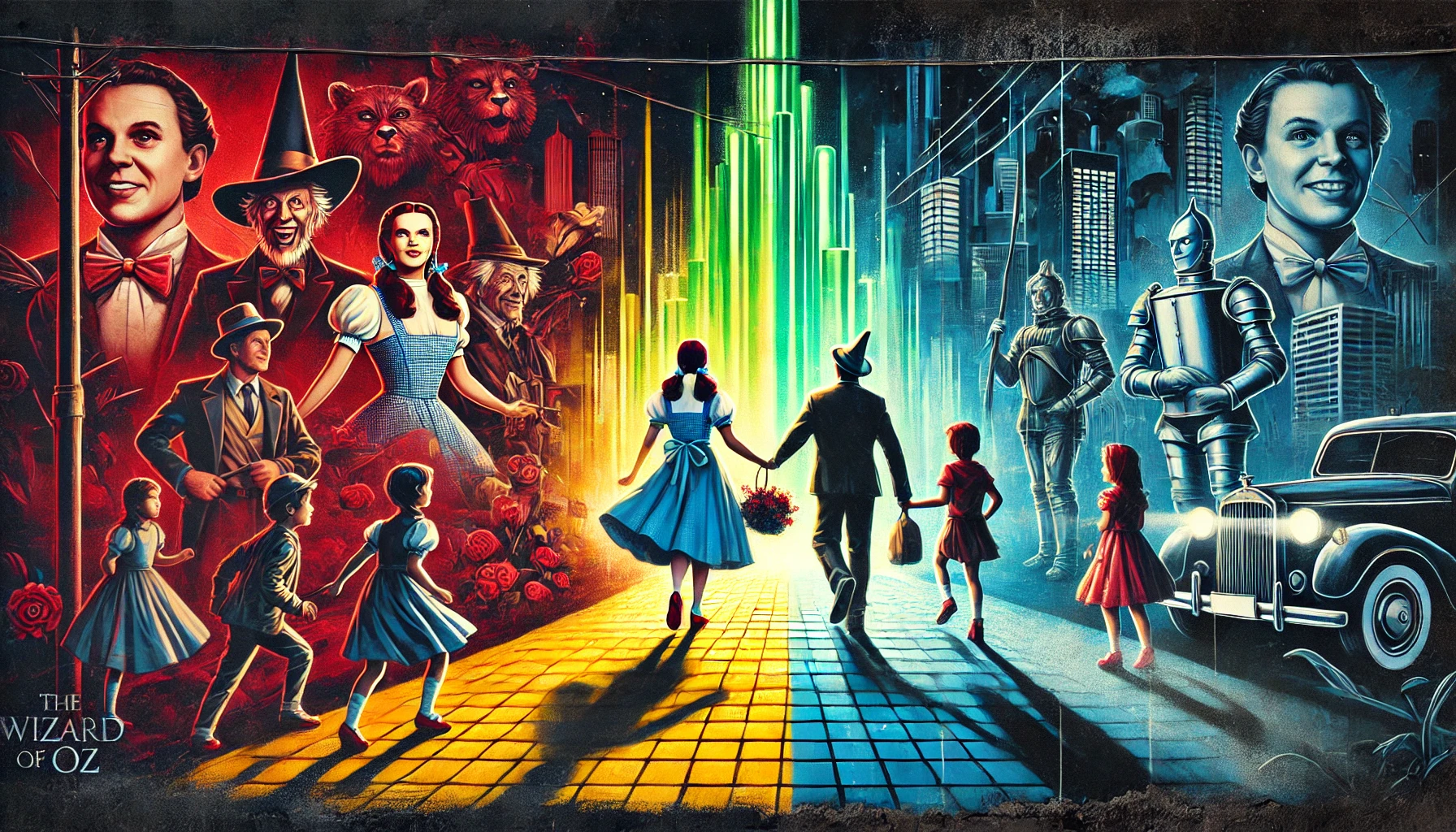ElevenLabs has signed deals that will soon have your next audiobook read to you by long-dead celebrities.
ElevenLabs is pioneering research in text-to-speech, AI voice generation, and more controversially, AI voice cloning.
Last week, the company launched its Reader App which lets users listen to any digital text powered by its AI voices. Its new deals will see some iconic voices added to the app.
ElevenLabs signed partnership deals with the estates of Judy Garland, James Dean, Burt Reynolds, and Sir Laurence Olivier to have these form part of the library of voices on the Reader App.
The Reader App “takes articles, PDF, ePub, newsletters, e-books or any other text on your phone and turns it into an emotionally rich, context aware voiceover.”
Dustin Blank, Head of Partnerships at ElevenLabs, said “Judy Garland, James Dean, Burt Reynolds and Sir Laurence Olivier are some of the most celebrated actors in history. We deeply respect their legacy and are honored to have their voices as part of our platform.”
How would the stars feel about the deal? That’s the question the relatives who manage their estates had to answer in their absence.
Judy Garland’s daughter, Liza Minnelli, said “It’s exciting to see our mother’s voice available to the countless millions of people who love her. Through the spectacular new technology offered by ElevenLabs, our family believes that this will bring new fans to Mama, and be exciting to those who already cherish the unparalleled legacy that Mama gave and continues to give to the world.”
What’s next?
AI-generated voices are likely to be increasingly disruptive for voice actors. Competing with iconic voices from the past isn’t going to make things any easier.
The Australian Association of Voice Actors (AAVA) recently told a parliamentary committee investigating AI that the jobs of an estimated 5,000 local voice actors were at risk. Even radio stations are exploring using AI voices to replace humans.
The ability to create emotive, high-fidelity AI voices is undisputed. Whether it’s ethical or should be legal is becoming more contentious.
There are currently few, if any restrictions on using AI voice clones of famous celebrities. We’ve seen people recreate content using a clone of comedian George Carlin’s voice.
Canadian musician Drake was heavily criticized when he used an AI clone of Tupac Shakur’s voice in one of his songs.
Drake was on the receiving end when an AI-generated song called “Heart on My Sleeve” seemingly featuring Drake and The Weeknd went viral.
Legislation is having to play catchup as new capabilities enable people to profit from famous voices.
Actors’ and performers’ union, SAG-AFTRA, is calling for support for the recently proposed California law, Assembly Bill 1836.
🚨Close the loophole of A.I. recreating the voice or likeness of a deceased person. VOTE YES on AB 1836! #ProtectArtists @SenatorUmberg @ScottWilkCA @BenAllenCA @SenatorAshby @CASenCaballero @SenMariaEDurazo @SenJohnLaird @SenRogerNiello @GeneralRoth @SenHenryStern @SenAishaWahab pic.twitter.com/d2HCImnEJF
— SAG-AFTRA (@sagaftra) June 27, 2024
The AB1836 bill aims to close a loophole that currently allows people free reign to use AI voice clones of deceased personalities.
Existing US law prohibits the use of a deceased personality’s voice on or in a product but says that “a play, book, magazine, newspaper, musical composition, audiovisual work, radio or television program, single and original work of art, work of political or newsworthy value, or an advertisement or commercial announcement for any of these works, shall not be considered a product.”
That’s pretty much everything that people are using voice clones for at the moment. AB1836 wants these “digital replicas” to be considered products that require prior consent.
If AB1836 becomes law then agreements like the one ElevenLabs just signed will be made out of legal necessity, rather than courtesy.





